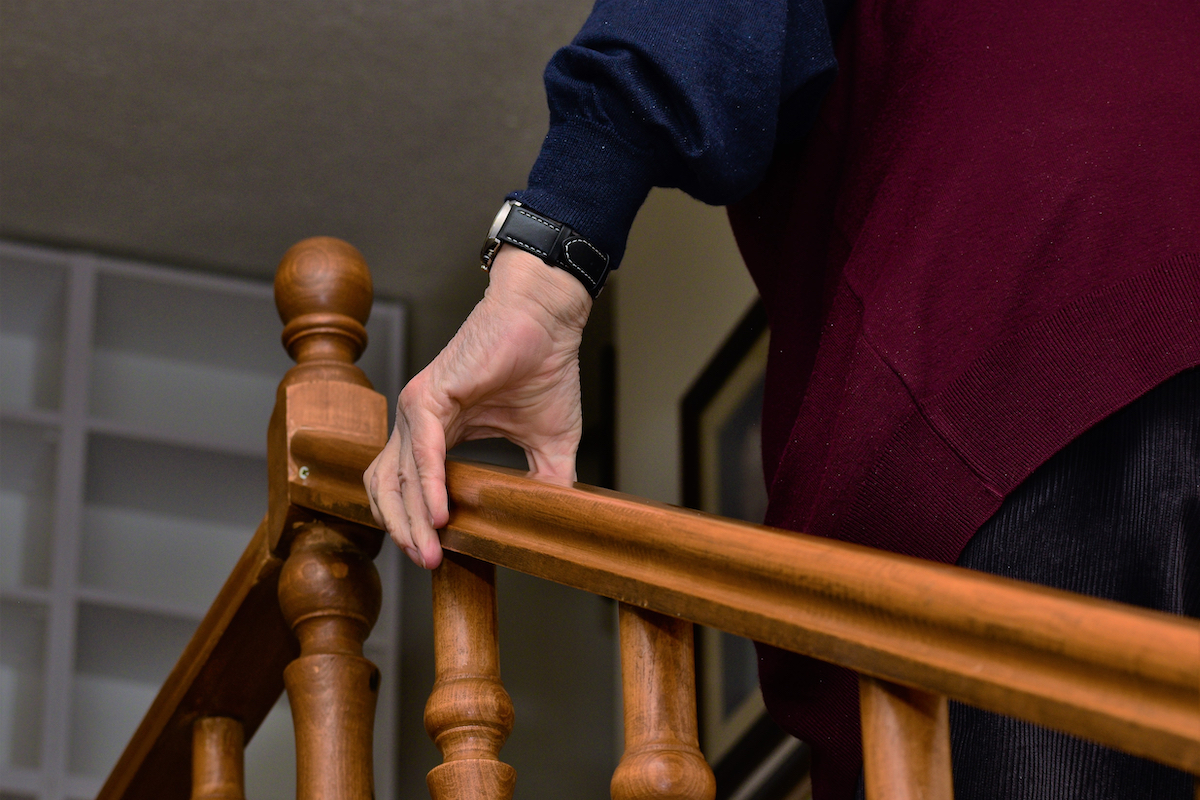Part of feeling “at home” is a sense of comfort and safety, but what if there are unknown hazards in your house that are impacting safety? Ensuring your home continues to be safe for you or your loved one’s changing needs is vital to maintaining a healthy and independent lifestyle.
Throughout our senior living communities in Alabama, Community Senior Life (CSL) takes every precaution and designs our senior apartments and spaces to ensure safety, enhance well-being, and foster independence.
Our team is sharing home safety tips to help you or someone you love live a safer and healthier lifestyle. If a private residence no longer allows for safe living, it may be time to consider moving to an assisted living community.
Tips for Improving Home Safety
Keep Emergency Numbers Easily Accessible
You know to call 911 in an emergency, but there are other phone numbers and contact information you should have easy access to, including the police and fire departments, poison control, healthcare providers, family members, and close friends.
Make a list of all the numbers you may need and post it in a visible and convenient place like on the front of your refrigerator. It may also be a good idea to program this information into a smartphone so that they are easily accessible at all times.
Clear All Clutter
Clutter in your home not only looks, well, …cluttered, but it can also be a safety hazard. Having random objects around your home could cause you to trip, lose your balance, or even fall. Make sure you clear all the clutter out of your home and keep it nice and tidy. This could include boxes, furniture, or any items/decor that block walkways and take up unnecessary space.
Additionally, loose flooring, rugs, and electrical cords contribute to an increased risk of tripping, so repair any loose planks or carpeting, secure rugs to the floor, and keep electrical cords organized and out of walking paths.
Light Up Your Home
Another home safety hazard is not having proper lighting throughout your home. While this includes lighting commonly used rooms and spaces, extra lighting is also encouraged in hallways or stairs where falls are more likely to occur. Install proper lighting in every room in your home and replace the lightbulbs as soon as they go out.
Wear Proper Clothing
This may seem unrelated to home safety, but the clothes you wear have a big impact on how safe you are in your home. Wear clothing that fits properly and is not too loose.
Footwear is also important when it comes to fall prevention. “Studies have reported that going barefoot, wearing socks without shoes, and wearing slippers are associated with increased risks for falls.” If possible, wear properly fitted shoes while at home to increase traction and lower the risk of falls.
Consider Assistance Devices
Installing assistance devices such as grab bars in the bathroom and handrails on any stairways can help ensure home safety and allow you to perform the activities of daily living independently.
Additionally, consider adding convenient seating throughout your home, like a bench by the front door or in the shower. This will make tasks like putting on your shoes easier as well as provide a place to rest if you need it.
Should You Consider Assisted Living?
For many individuals, the answer to this question is based solely on their level of independence. If they can still perform all the activities of daily living, they may not think that assisted living is right for them.
However, the decision to transition into an assisted living community should not be based on home safety and level of independence alone. While these are important factors to consider, assisted living goes further.
At Community Senior Life, our senior living and assisted living communities throughout Alabama enhance the quality of life of our residents by offering endless socialization and engagement opportunities. While safety is our number one priority, we also focus on comfort and helping our residents feel at home.
If you think the assisted living lifestyle may be right for you or your family, or if you would like to learn more about our communities, we invite you to contact a member of the Community Senior Life family.
